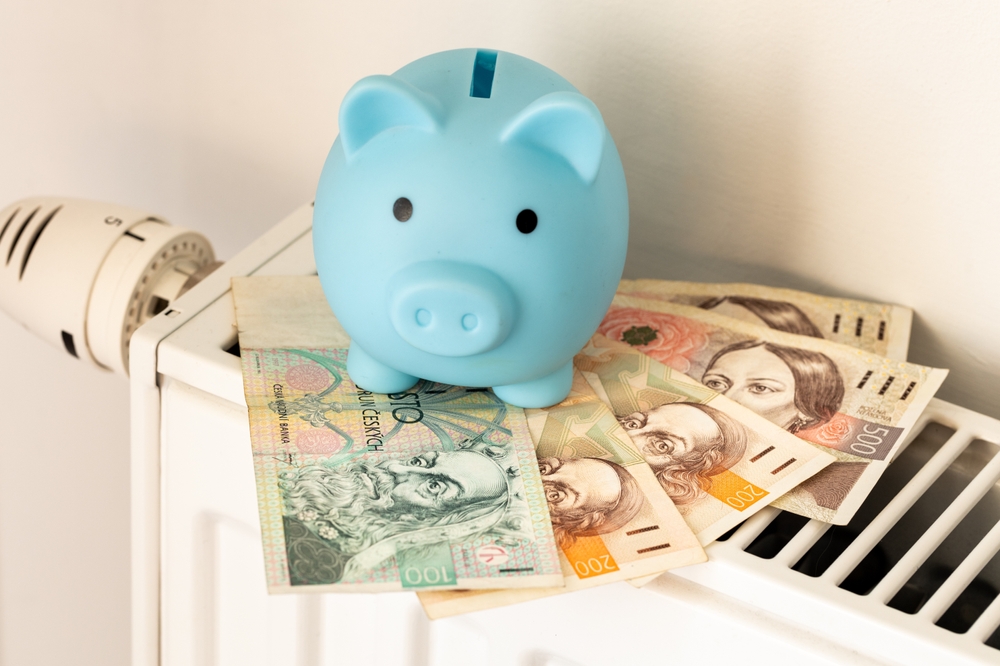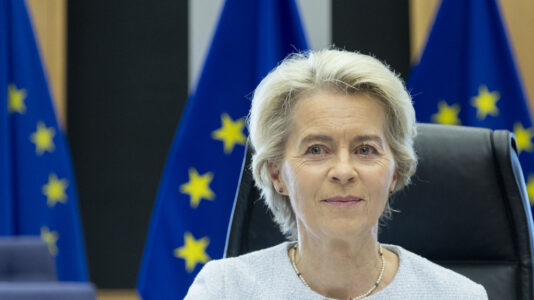Only 9 percent of Czech households intend to switch to greener energy sources, a recent survey conducted by the Czech communication group Knowlimits Group has revealed.
Despite continuous calls among Europe’s elite for the need to reduce emissions to combat climate change, concerns over rising energy prices are limiting the willingness of households to invest in eco-friendly energy solutions.
The survey, as reported by Echo24, highlighted that the majority of Czech households currently rely on traditional energy sources, with 32 percent using gas boilers and 30 percent using district heating, both of which largely depend on fossil fuels. Additionally, 18 percent of households continue to heat their homes with coal and wood.
When cooking, electricity dominates at 57 percent while natural gas is used by 36 percent of Czech households.
Greener alternatives like eco-friendly boilers and heat pumps were mentioned among the preferred options for those considering a change, however, the survey indicated that only a small fraction of the population plans to take such steps in the near future.
Public opinion on the importance of transitioning to cleaner energy is mixed. Roughly one-third of respondents viewed it as crucial, while nearly half believed it was moderately important. However, two-thirds of those surveyed were concerned that shifting the energy sector toward greener options will result in higher costs. Consequently, less than a quarter of households are willing to pay extra for renewable energy.
Nuclear energy remains a popular option in Czechia with almost two-thirds of respondents viewing it as a clean energy source. More than 40 percent consider nuclear power the best alternative to fossil fuels.
Additionally, a large portion of the population (83 percent) emphasized the importance of energy self-sufficiency for the country.






